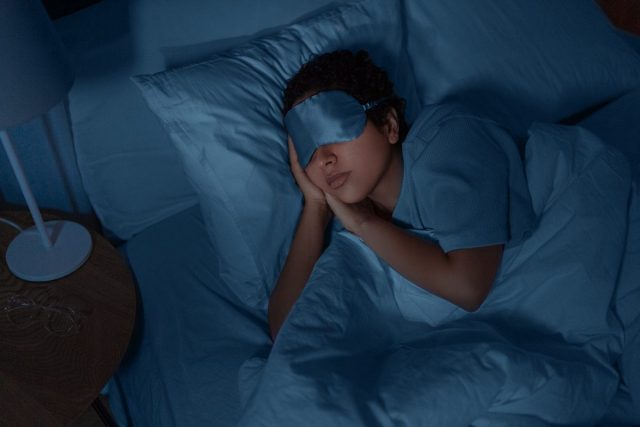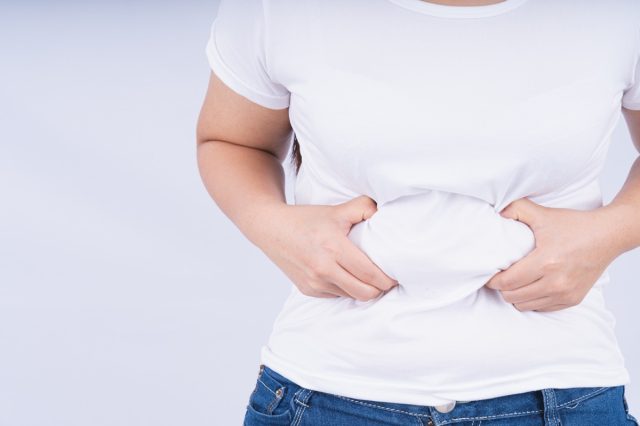The American Heart Association has added healthy sleep to its cardiovascular health checklist, highlighting just how important sleep is for health and happiness. “Sleep is essential to every process in the body, affecting our physical and mental functioning the next day, our ability to fight disease and develop immunity, and our metabolism and chronic disease risk,” says Erica Jansen, PhD. “Sleep is truly interdisciplinary because it touches every aspect of health.” Read on—and to ensure your health and the health of others, don’t miss these Sure Signs You’ve Already Had COVID.


Heart disease is the leading cause of death in the US, but 80% of cardiovascular disease is preventable. “The new metric of sleep duration reflects the latest research findings: sleep impacts overall health, and people who have healthier sleep patterns manage health factors such as weight, blood pressure or risk for Type 2 diabetes more effectively,” says American Heart Association President Donald M. Lloyd-Jones, MD, ScM, FAHA. “In addition, advances in ways to measure sleep, such as with wearable devices, now offer people the ability to reliably and routinely monitor their sleep habits at home.”


A growing number of health experts are concerned about adolescents not getting the sleep they need (8-10 hours a night), and recommend school hours be changed to accommodate later bedtimes and later rising. “One of the main reasons adolescents are so sleep-deprived is that biological changes in their brain affect when they feel sleepy,” says Dr. Jansen. “So even if they are sleep-deprived, they often can’t go to bed early because their brain is not yet prepared to sleep. The problem with these delayed bedtimes is that school or before-school activities often start very early, so adolescents may end up chronically sleep deprived. In school districts that have enacted later school start times, research is consistently showing that students get more sleep and as a result have fewer motor vehicle accidents, better grades, and improved mental health.”


Lack of sleep is linked to obesity, experts say. “There is convincing evidence that getting a less than ideal amount of sleep is an independent and strong risk factor for obesity, in infants and children as well as in adults,” says Harvard Health. “Most of the research thus far, however, has consisted of observational studies, and it remains to be seen whether teaching children or adults how to get a better night’s sleep can lower their risk of obesity or help them lose weight. Randomized clinical trials that are currently underway may soon provide more answers.”
READ RELATED: Drug-crazed British student Adam Butt who tried to cut US girlfriend's head off locked up


Too little sleep can increase insulin resistance. “Poor sleep quality in people with diabetes was associated with worse control of their blood glucose levels,” says Kristen Knutson, PhD. “People who have a hard time controlling their blood glucose levels have a greater risk of complications. They have a reduced quality of life. And, they have a reduced life expectancy.”


Sleep issues and insomnia are being reported as symptoms of long COVID (“coronasomnia”). “Sleep disorders are one of the most common symptoms for patients who’ve had COVID-19,” says sleep medicine specialist Cinthya Pena Orbea, MD. “They report insomnia, fatigue, brain fog and sometimes we even see circadian rhythm disorders… It’s important to see your doctor whenever you’re developing a new symptom because it could be a sign or symptom of another disease and this is difficult to discern. If you’re experiencing any symptoms that are interfering with your daily life, that’s when you need to call your doctor.”
Ferozan Mast
Source:









